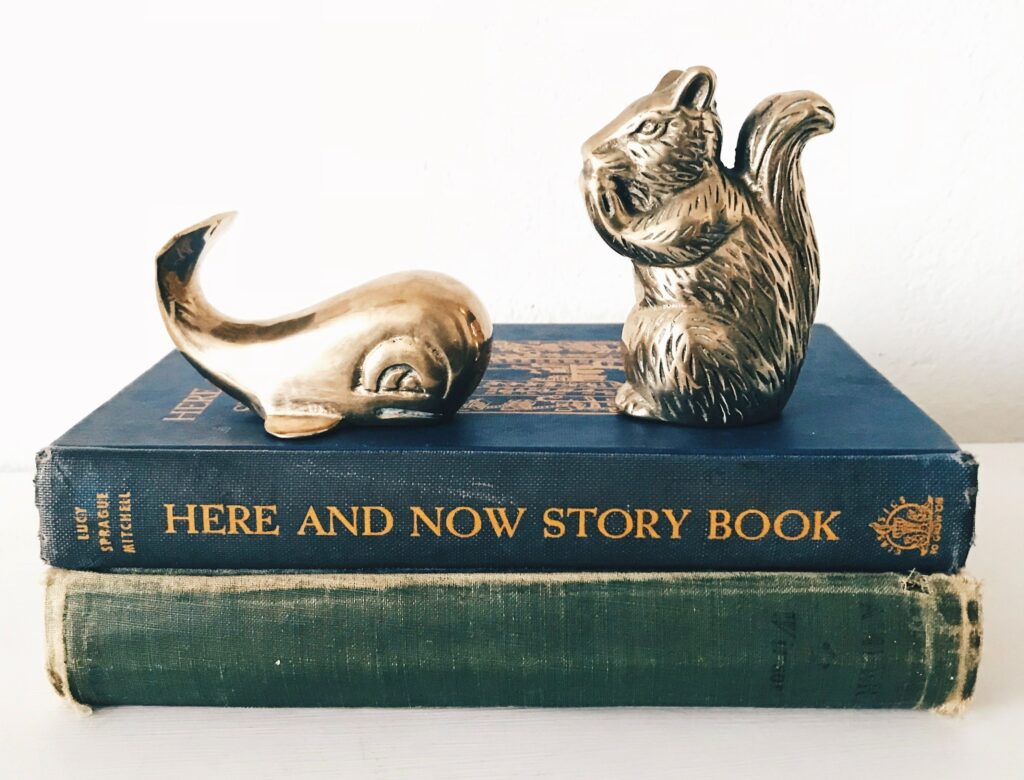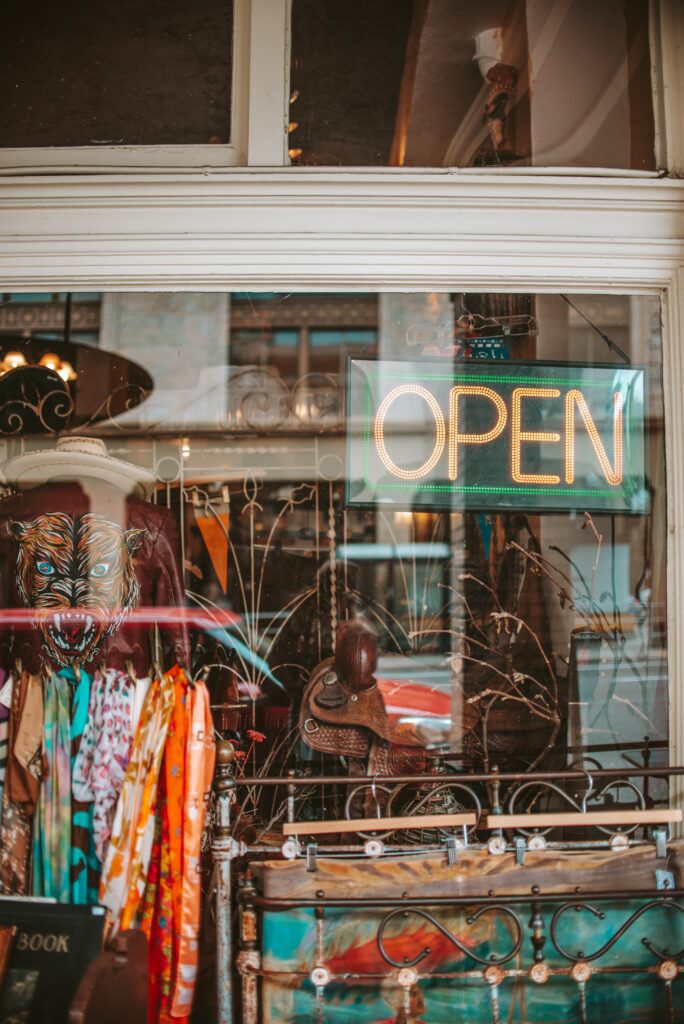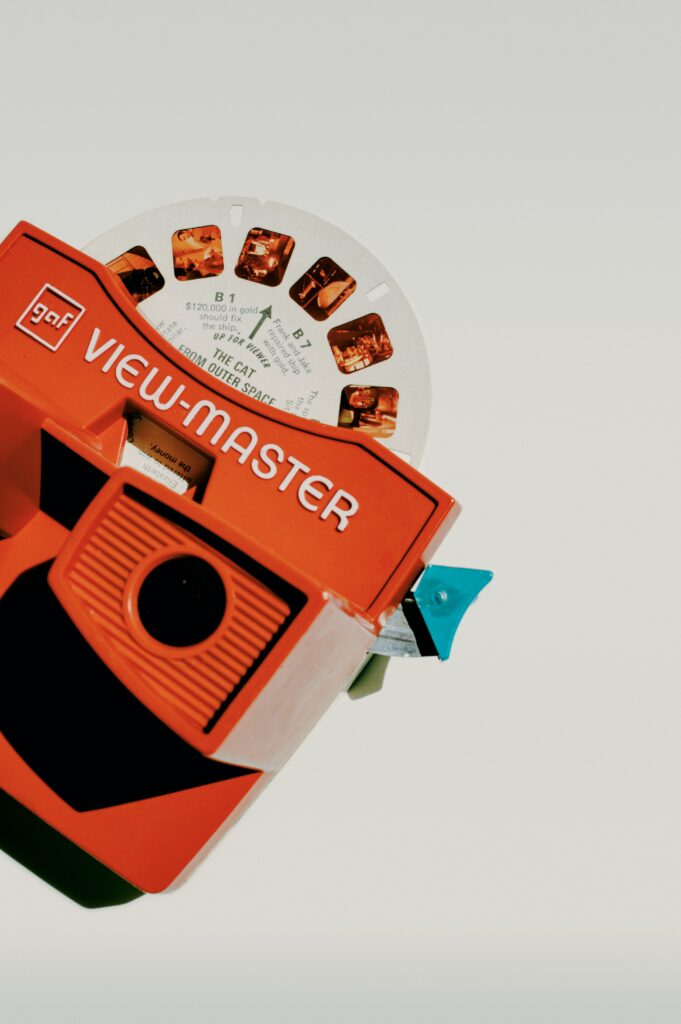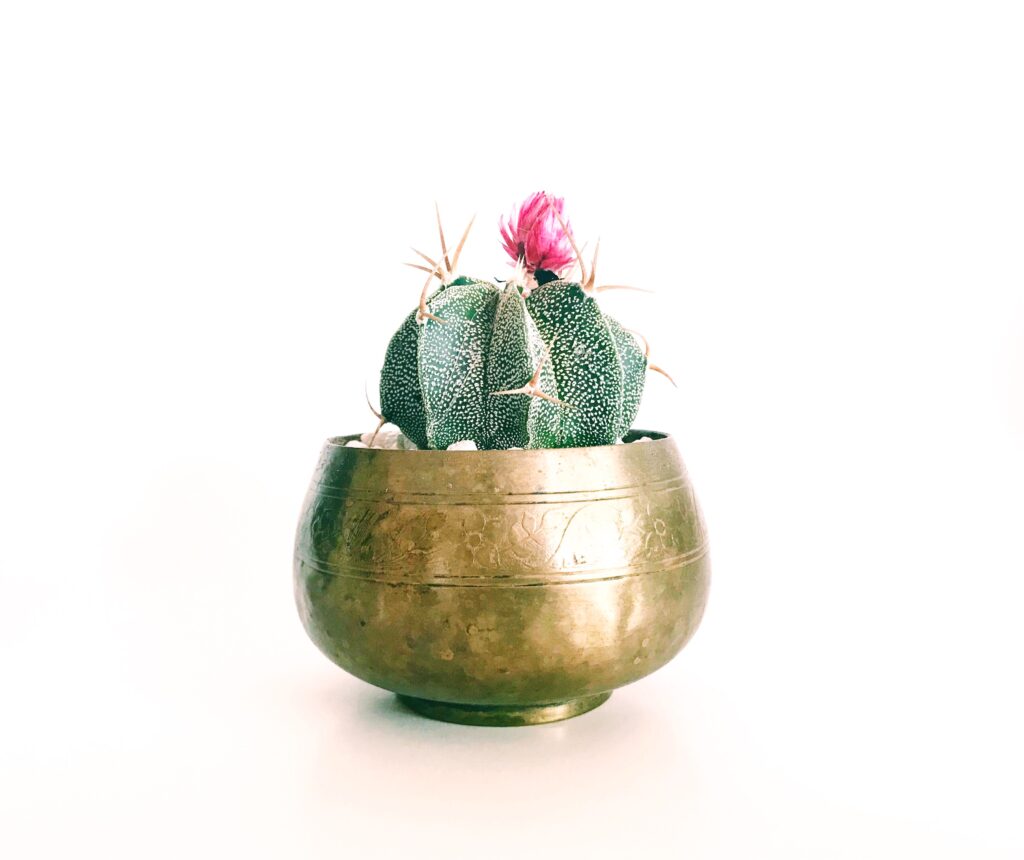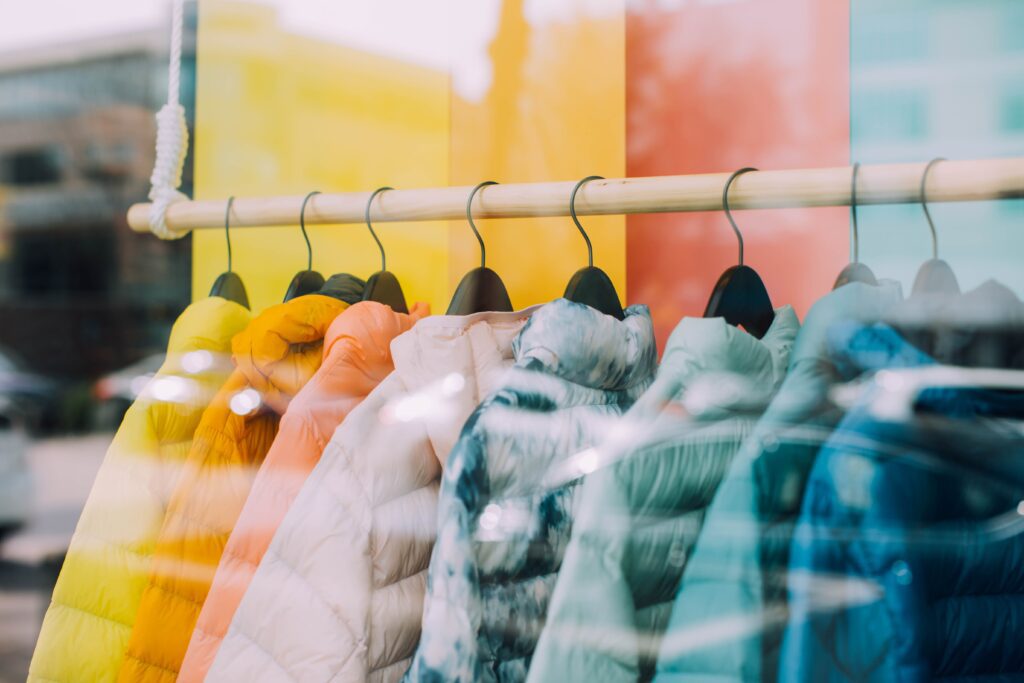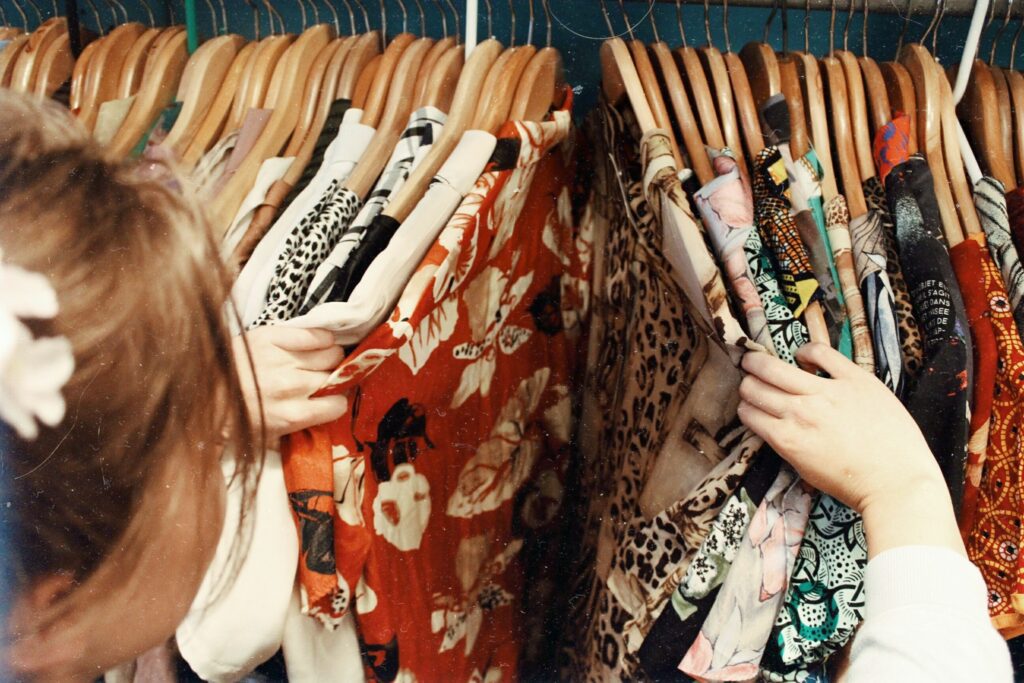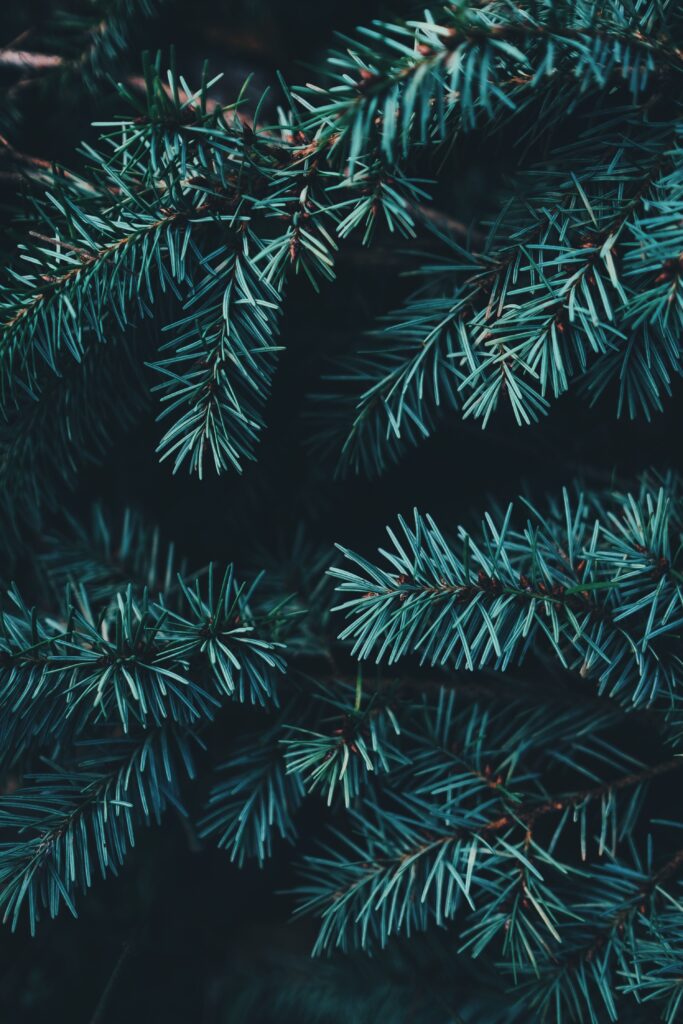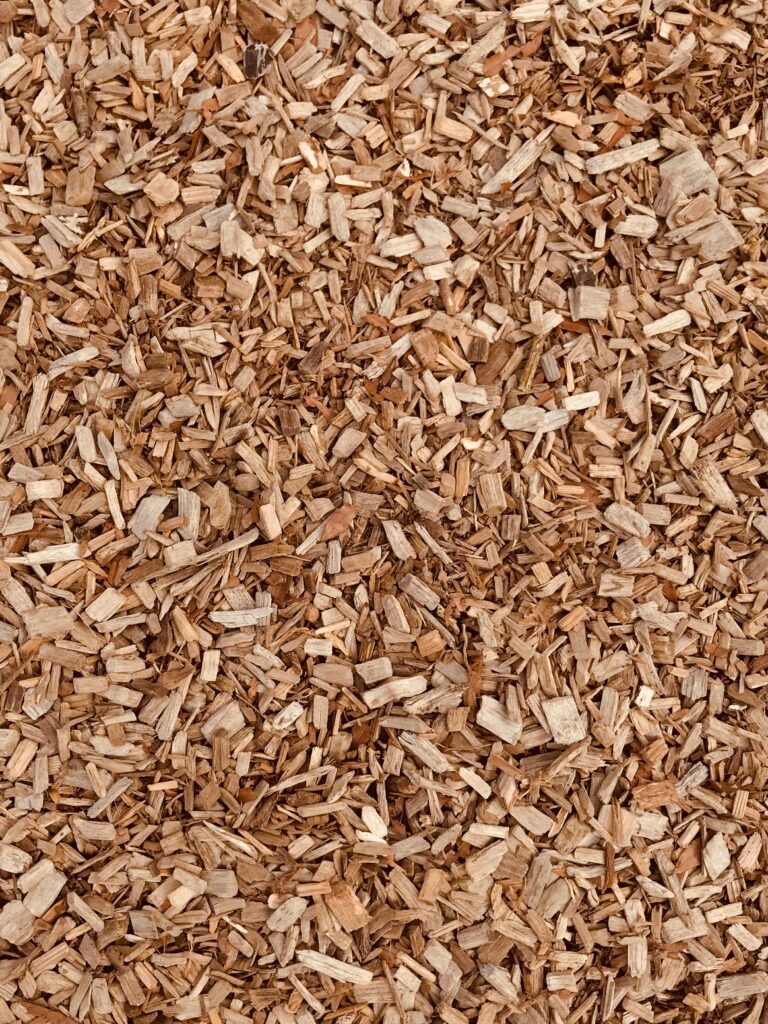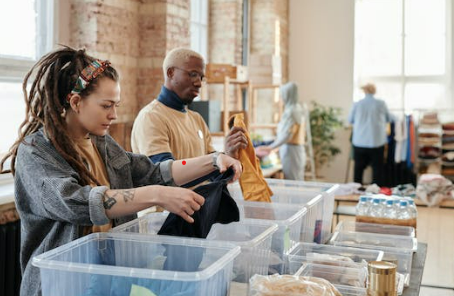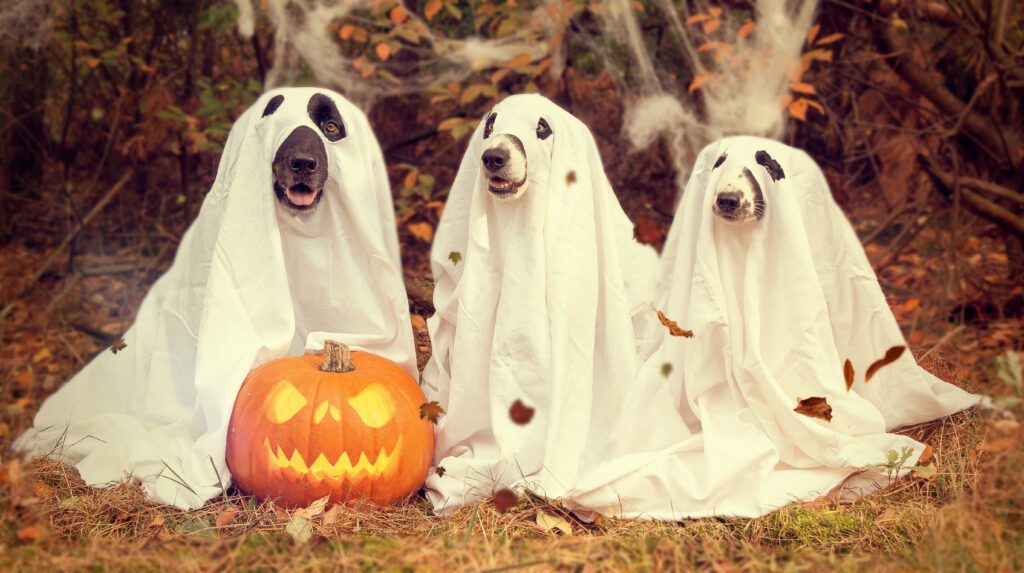Holiday and Gift-Giving Guide
With parties, decorations, gift giving and travel, Americans generate 25% more waste than usual between Thanksgiving and New Year’s Day.
The good news? According to the U.S. Environmental Protection Agency, almost 80% of what is thrown away during the holidays can be recycled or reused. We’re here to help.
- Holiday Recycling
- Gift-Giving
- Reducing Food Waste During the Holidays
- Gift Wrapping
- Christmas Tree-to-Mulch Programs
- Household Electronics & Batteries
- Halloween
Holiday Recycling
Want to be on the “Nice” list this holiday season? Place only the Nice items in your recycle bin.
“Naughty” items contaminate recycling. Donate, reuse or place Naughty items in the garbage.
Nice
- Wrapping Paper (paper only)
- Cardboard Boxes
- Paper Boxes
- Paper Cards & Envelopes
- Catalogs
- Glass Bottles & Jars
- Plastic Bottles & Jugs
- Aluminum, Tin & Steel Cans
Naughty
- Christmas Lights
- Garland & Tinsel
- Foil Wrapping Paper
- Ribbons & Bows
- Bubble Wrap
- Plastic Air Pillows
- Polystyrene Foam
- Plastic Utensils
- Paper & Plastic Plates
- Batteries
- Plastic Bags
“Every time you spend money, you’re casting a vote for the kind of world you want.”
Anna Lappe
Reducing Food Waste During the Holidays
The holidays are a time for celebration, but they also lead to a big increase in waste — especially food. In fact, Americans throw away about 25% more trash between Thanksgiving and New Year’s Day, and much of that is food that could have been eaten or saved. Wasting food not only costs money, but it also fills up our landfills and harms the environment. You can help by planning meals carefully, using what you already have at home, and saving leftovers to enjoy later. If you have extra food, consider sharing it with neighbors or donating to a local food pantry. By making small changes, we can all enjoy the holidays while helping to reduce food waste.
Resources
- StopFoodWaste’s Sustainable Holiday Food Guide
- EPA Encourages Americans to Avoid Food Wastes Over the Holidays
Gift-Giving
Secondhand Gifting
There are many reasons why secondhand gifting is a great idea and why we should normalize it. Secondhand gifting:
- Reduces waste, including packaging
- Saves money
- Supports a circular economy
- Reduces carbon emissions
Buying is fun because secondhand gifts are unique!



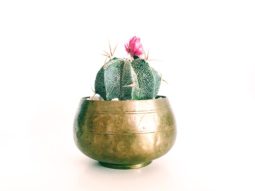


According to a December 2021 article by Fast Company, research found that 66% of people (and 72% of Generation Z) are open to receiving secondhand gifts. But the vast majority haven’t been willing to give it a try.
A Center for Biological Diversity survey found that saving money is the primary driver for secondhand gift-giving. Also, the majority of the survey respondents were likely to find alternative gift-giving options, which include:
- Gifting time of skills (59% of respondents)
- Gifting secondhand items (56% of respondents)
- Making their own handmade or DIY gifts (68% of respondents)
Tips for Giving and Receiving Secondhand Gifts
- Let loved ones know that you are open to receiving secondhand gifts.
- Ask loved ones if they’re open to secondhand gifts, as in “do you prefer secondhand or new gifts?”
- Keep a note of who prefers secondhand and give yourself a little more time to shop when buying.
Repair Sentimental Items for Gifts
- Restoration of sentimental or heirloom items, such as furniture and jewelry, can preserve their place in history to delight future generations.
- Converting photos and videos into newer and more accessible technology can be a thoughtful gift and introduce generations of family and friends to one another.
Consider Giving “Low-Waste” Gifts
Rather than buying new items from retailers, consider gifting experiences — think concert tickets, a special meal or a year-round pass to a local park or museum. E-gift cards and e-cards are also great low-waste gifts!
What To Do With Unwanted Gifts
According to a survey by finder.com and Pureprofile, Americans spent around $15.2 billion on unwanted holiday gifts in 2019, and 4% of them ended up in the trash.
The gift economy or gift culture is an exchange in which services or goods are given freely, without payment or trade in return. Give unwanted gifts using local buy-nothing groups — there, you can post items on social media and someone in your neighborhood can claim them for free.
Annual Cleanout Before the Holidays
The holidays are a great time to do your annual closet cleanout. Letting go of unwanted items may get them into the hands of someone who needs or wants them.
- If you have clothes, toys, or household goods that you’re no longer using, take them to a donation center or trade them in at a consignment shop, rather than tossing to the curb.
- Visit the Where Does It Go? Search Tool for gifting and donation options.
What you’re no longer using could be just what somebody else is looking for.
Resources
- The Ultimate Low to Zero Waste Gift Guide
- Buy Less, Give More
- Items You Should Repair Instead of Replace (Martha Stewart)
Gift Wrapping


Why wrap yourself in waste this holiday season? By choosing eco-friendly alternatives, you can reduce waste, give items a second life and save money with reused gift wrap. Instead of the traditional, expensive gift wraps, consider the following alternatives:
- Newspaper
- Paper bags from the grocery store
- Cloth, scarves, bandanas
- Cloth bags
- Baskets
- Gift bags that you have received
- Recyclable wrapping paper
- Reusable tote bags
- Upcycled jars
- Old maps or posters
Get crafty with DIY wrapping paper! Decorate plain wrapping paper with paint, stickers or cut-outs from a holiday magazine.
Sustainable decoration tips: Consider using natural materials like twine, string, dried flowers, pinecones or fresh greenery for a rustic touch. Save and reuse ribbons and bows. Use old holiday cards as gift tags.
Christmas Tree-to-Mulch Programs

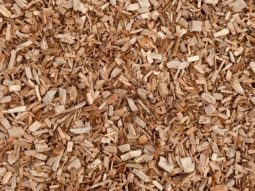
Pinellas County residents are encouraged to participate in available Christmas Tree-to-Mulch programs to repurpose trees into usable, moisture-retaining mulch.
To see if your municipality offers offers separate collection for Christmas Trees, visit the Where Does It Go? Search Tool, select “For Homes,” and type “Christmas Trees” in the search field. Alternatively, click here to contact your municipality.
Trees are accepted for a nominal fee at the Pinellas County Solid Waste Disposal Complex, where trees will be ground into useable mulch that is given away for free to residents. Click here for the hours of operation and location. Click here for the Christmas Tree disposal fee. Please note that customers must wear closed-toed shoes when bringing Christmas trees to the Pinellas County Solid Waste Disposal Complex.
Residents who live in multifamily communities, such as apartments and condominiums, should consult their association or property managers for tree disposal instructions.
Household Electronics & Batteries
It’s common to receive electronic items as gifts. What should you do with electronic items you need to discard?
- Locate a donation center or electronics recycler through the Where Does It Go? Search Tool.
- Take items with rechargeable batteries to drop off locations using the Where Does It Go? Search Tool. Rechargeable batteries can cause fires when compressed by equipment and endanger workers and buildings, so they should not be discarded in garbage or recycling collection containers.
- Household electronics that do not have rechargeable batteries can be discarded in the garbage.
- For bulky electronics that cannot fit into garbage bins, take them to an electronics recycler or contact your municipality or hauler about bulky waste collection.
Halloween
Pumpkins and costumes and candy wrappers, oh my! Every Halloween, according to the Stevens Institute of Technology, the U.S. produces over 1.4 billion pounds of pumpkins, throws away about seven million costumes and buys over six million pounds of candy.
But don’t be scared – here are some tips on how to reduce waste this spooky season.
Pumpkins with a Purpose
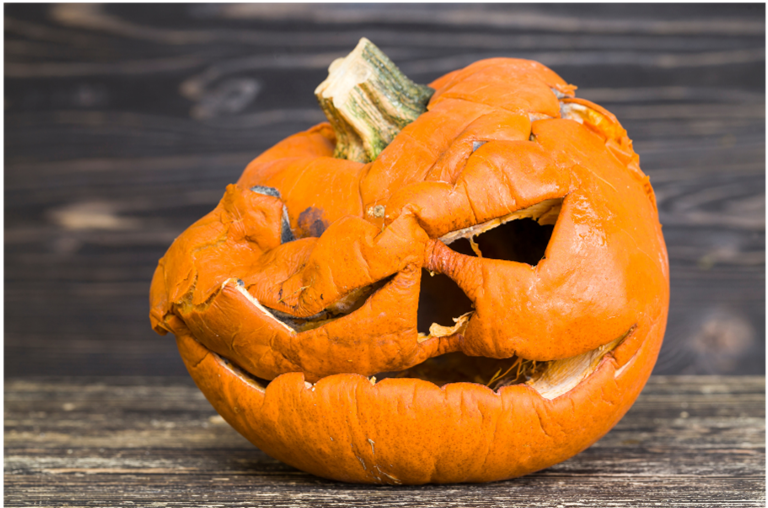
Florida’s climate does not help preserve a carved pumpkin for long, according to the University of Florida’s Institute of Food and Agricultural Sciences (UF/IFAS). Pumpkins are 90% water, so they break down easily, making them a great addition to your compost heap, according to the National Wildlife Federation. The texture enriches the soil of gardens. Locate composting options through the Where Does It Go? Search Tool.
If you would like to extend its life, use paint, permanent markers, fabric and other materials for decorating instead of slicing and dicing.
If the pumpkin is still in good shape, consider using it to decorate for Thanksgiving, either as a table ornament, depending on the size, or as a planter, with some moss.
Pumpkin Seeds
Carve them out and roast them for a tasty snack! Dozens of tasty recipes are available online.
Dried pumpkin seeds also can be used decoratively, adding flair to arts and crafts projects, floral arrangements, and potpourri.
Save some seeds to plant so you can have your own pumpkin harvest next year.
Repurposed Costumes
Looking for DIY costume inspiration? Get creative and look no further than your neighborhood thrift store! Cut down on textile waste and search for a thrift store near you at thethriftshopper.com.
More ways to reuse:
- Repurpose items on hand, such as old costumes, into holiday decorations and accessories
- Donate your old costumes
- Hold a costume swap
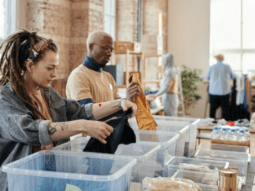

Candy Wrappers
Candy wrappers do not belong in your mixed recycling bin.
Instead, get together with your neighbors or school and collect candy wrappers for recycling. Rubicon and TerraCycle both collect candy wrappers through a mail-in program using prepaid boxes or pouches.
Additional Resources
- Where Does It Go? Search Tool
- Recycle Guide & Downloadable Signage
- Household Chemical Collection
- Collection: Garbage & Recycling
- Hours: Solid Waste Disposal Complex
- Disposal Fee Information
- Educational Resources: Garbage and Recycling
- Recycling FAQ
- Map of Recycling Drop-Off Centers
- Artificial Reef Program
- Mulch Pickup Program
- For Businesses: Garbage & Recycling Resources
- How Mixed Recycling Works In Pinellas County
- Video Library: Garbage and Recycling
- Holiday and Gift-Giving Guide
- Pinellas Partners in Recycling
- Waste-to-Energy Facility
- Bridgeway Acres Landfill
- Solid Waste Master Plan
- Solid Waste Disposal Accounts
- Lealman Garbage and Recycling Collection
- Tampa Bay Recycles
- Why Recycling Is Important
- Discover Careers with Pinellas County Solid Waste
Have Questions?
Call (727) 464-7500, email recycle@pinellas.gov or click the Live Chat button below.
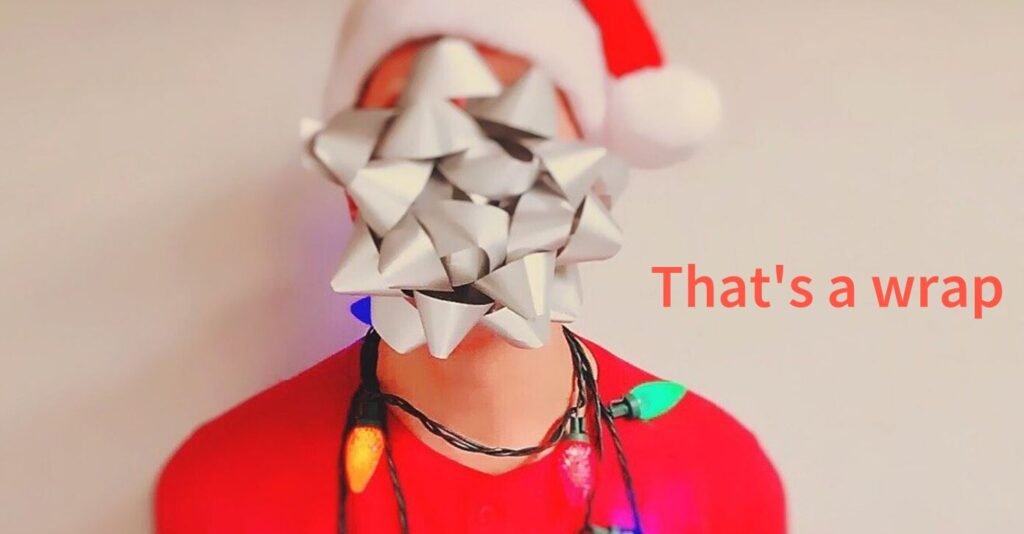
Updated on Nov. 25, 2025.
